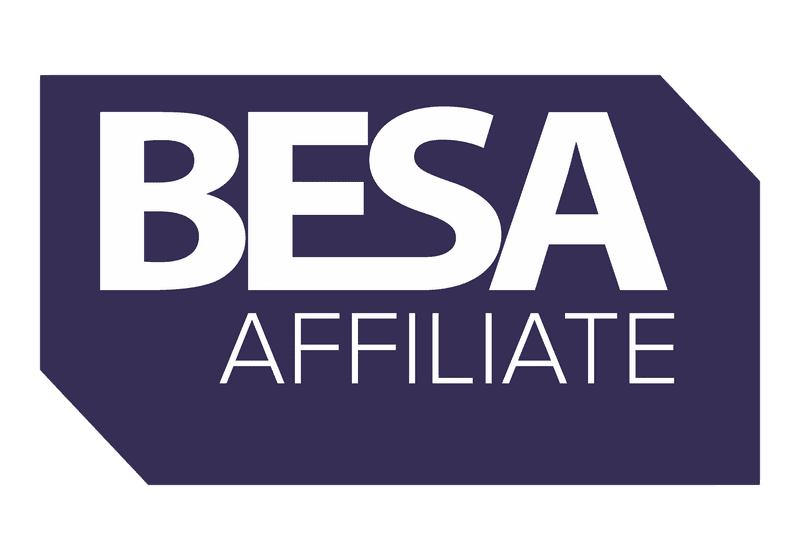When you're on the brink of a promising new job opportunity, there often comes a significant moment: your current employer presents a counter-offer matching or surpassing an external offer, sometimes with additional benefits or a higher role. While initially appealing, deciding whether to accept such an offer requires careful consideration.
Key Considerations Before Accepting a Counter-Offer:
- Professional Perception: Accepting a counter-offer may lead your employer to question your long-term commitment and dedication. Trust is key in any relationship, and it's tough to rebuild once it's shaken.
- Career Objectives: Think about why you started looking for a new job in the first place. Will the counter-offer align with your career aspirations, whether advancing professionally or achieving a better work-life balance?
- Organisational Fit: Is the issue that made you want to leave in the first place something that can be resolved solely through financial incentives? Consider whether your current workplace culture and practices are compatible with your personal values and professional ambitions.
- Opportunities for Growth: Question whether staying with your current employer will give you the chance to develop new skills and grow professionally. Compare this potential growth with what the new opportunity offers.
- Comprehensive Evaluation: While financial incentives are appealing, make sure the counter-offer reflects genuine appreciation and value from your employer. Evaluate the entirety of the package, including benefits and future prospects for career progression.
Making an Informed Decision:
Deciding whether to accept a counter-offer goes beyond financial factors – it requires thoughtful reflection on your long-term career objectives and overall job contentment. Take the opportunity to carefully evaluate all your choices and identify the path that best fits your professional ambitions. Sometimes, starting a new chapter can bring more than just financial benefits – it can bring new challenges, opportunities for personal development, and a position that aligns more closely with your career path.
Before committing to a counter-offer, carefully assess the direction you envision for your career. Choose the path that not only supports your immediate financial interests but also fosters long-term professional fulfilment. Your career path should be guided by what resonates best with your aspirations and values. Remember, it's a journey – not just a decision.







